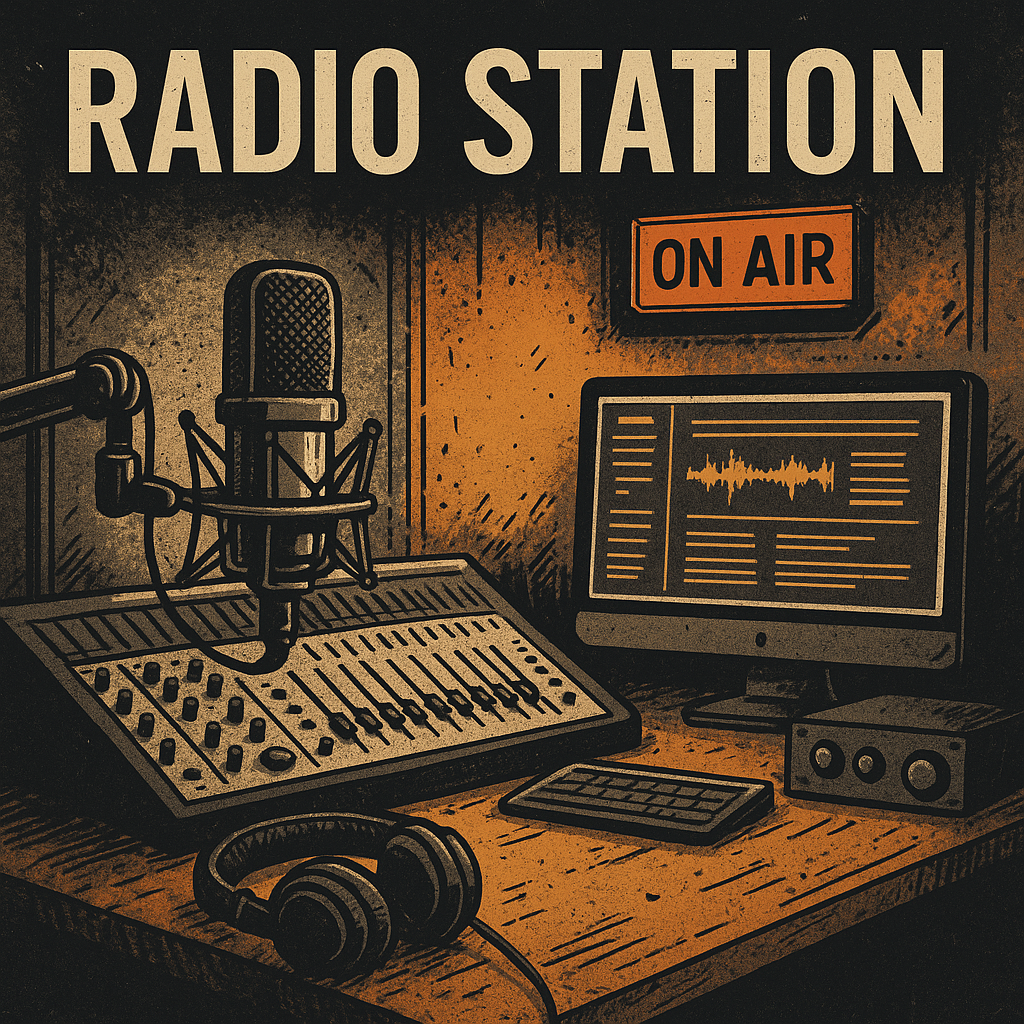Why Celebrate It When You Segregate It?
LyleGhost
4 May 2025
"From a station that doesn’t play SA Hip Hop that much, and doesn’t even have a Hip Hop show. Now imagine if SA Hip Hop was given the same platforms as other genres."
South African hip-hop is at a tipping point — exploding with talent, style, and local flavor in every corner of the country. Yet somehow, the very platforms meant to amplify music are missing in action when it comes to our stories. Even worse, they want to hand out awards for a culture they barely represent.

Let’s talk about Metro FM.
Recently, Metro FM hosted a mainstream music awards event that included categories like Song of the Year (Hip Hop), Best Male (Hip Hop), and Best Produced Album (Hip Hop) — despite not having a dedicated hip-hop show, or even consistent airplay for South African hip-hop artists. No cyphers. No underground spotlights. No regional representation.
As Rashid Kay put it on Facebook:
"From a station that doesn’t play SA Hip Hop that much, and doesn’t even have a Hip Hop show. Now imagine if SA Hip Hop was given the same platforms as other genres."
Let that sink in.
There are 11 official languages in South Africa — and hip-hop is thriving in all of them. Whether it’s isiXhosa bars in the Eastern Cape, Tswana flows from Mahikeng, Zulu hooks in Durban, or raw Afrikaans hip-hop from Cape Town, the Northern Cape, Gqeberha and beyond — every language has a story. But our national radio landscape tells only one version, and usually it’s polished, major-label, pay-to-play pop-rap.
Here’s the truth: no independent hip-hop artist is in rotation on Metro FM. Zero. That speaks volumes.
Years ago, we were told that 80% of local music would dominate the airwaves. That promise felt like a turning point — like South African artists were finally going to get the shine they deserve. But years later, it still feels like nothing has truly changed. Local artists, especially independent and multilingual hip-hop artists, are still being sidelined in favor of commercial sounds and industry gatekeeping.
They’re not pushing the culture — they’re packaging it once a year for aesthetics and ad spend. That’s not support. That’s exploitation.
Meanwhile, the real hip-hop builders — the underground visionaries, the regional voices, the multilingual poets — are being left behind by the very industry that claims to celebrate them.
This isn’t just a critique — it’s a wake-up call.
SA hip-hop is already global in its potential. The talent is undeniable. What it needs is consistent support, platform access, and gatekeepers who care more about bars than brand deals.
To the artists: keep going.
To the fans: keep supporting what’s real.
And to the platforms: stop hosting our culture if you’re not playing our voices.
Enjoyed the read? Support the movement here: https://www.buymeacoffee.com/therealk2g
Post Statistics
Views
32
Shares
8
Related Articles
Afrikaans Hip Hop: The Takeover Has Begun
Once overlooked, now undeniable — Afrikaans Hip-Hop is finally having its moment in the South African music scene. What started in community centers and kasi cyphers is now trending on SoulCfee and racking up millions of streams. The movement is no longer confined to the streets — it’s breaking into the mainstream with force.
Read MoreChance the Rapper’s “No More Old Men”
In vivid snapshots, Chance brings these characters to life: Mr. Darden catching the bus from Halsted, Mr. Harper worn out but still showing up, old Kangol hats and bifocals, the laughter of the barbershop, and those legendary stories of blocks and loves they can’t return to. Jamila Woods’ smooth, almost spiritual vocals add an extra layer of warmth, making the track feel like a tribute and a eulogy at the same time.
Read More